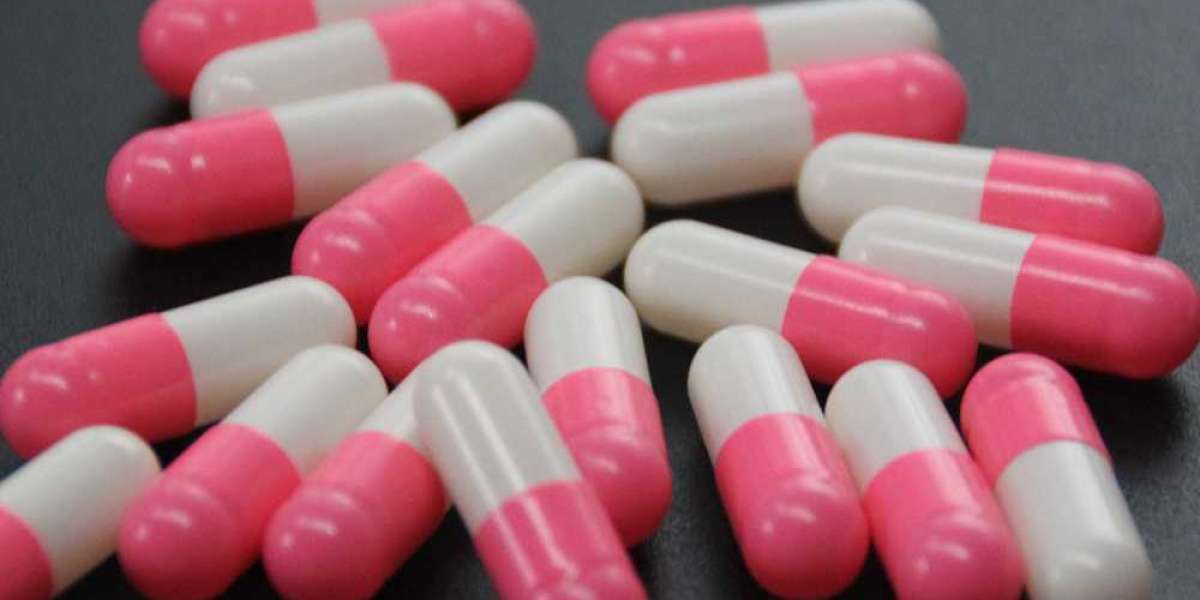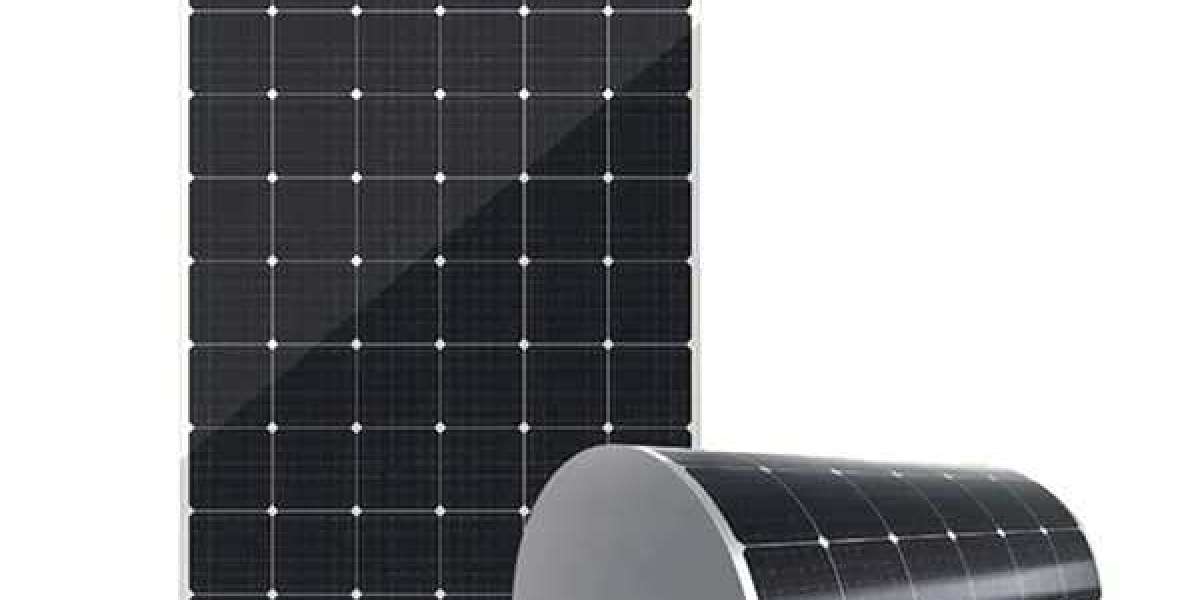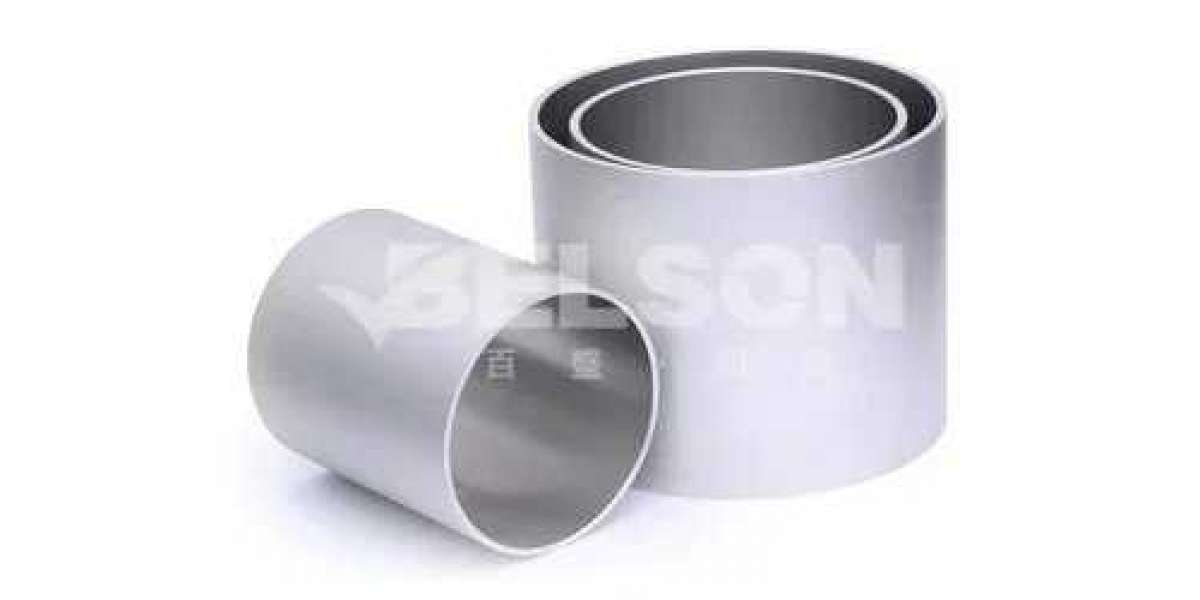The demand for capsules is growing on account of the mounting consumption of medicines worldwide. This trend augurs well for the global empty capsules market, where growth has thus far been driven by the demand for both non-gelatin and hard gelatin capsules. The changing demographics of the world have necessitated the greater production of medicines to treat various kinds of diseases. Capsules, being among the most versatile forms of administering drug doses, are thus expected to be consumed in larger volumes over the next few years.
The typical capsule is made from gelatin and encloses either a single medicinal ingredient or a combination of the same. Empty capsules are available in numerous sizes depending on the dosage of medicine to be administered. The use of gelatin to make capsules is most widespread because the material renders several advantages, including but not limited to better stability in various temperature ranges, its odorlessness and tastelessness, and softness, which makes it easy to swallow. However, the market also features capsules made of other non-gelatin-based materials.
The demand for empty capsules is expected to rise substantially in the years ahead thanks largely to the overall growth and expansion of the global pharmaceuticals industry. Moreover, the greater demand for nutraceuticals will also provide the global capsules market an opportunity to expand as several food supplements and functional foods are encapsulated to make them convenient for on-the-go consumption.
Global Empty Capsule Market: Trends, Drivers, and Restraints
Because capsules are regarded as a convenient method of consuming health supplements and medication, their demand is likely to grow substantially. Moreover, consumers in developing regions now have higher spending power and thus the ability to allocate more funds toward healthcare and preventative healthcare. Besides the pharmaceuticals and nutraceuticals industries, the demand for encapsulated ingredients is also on the rise in the cosmetics and cosmeceuticals sector. These end-user trends will have a far-reaching influence on the growth of the global empty capsules market.
Although there is no dearth of revenue-generation opportunities in the global empty capsules market, companies will have to brave headwinds in the form of tightening regulatory guidelines and the need for a high initial investment in RD and manufacturing facilities. Furthermore, in mass markets such as India, where the majority of vegetarian consumers view animal-derived gelatin in a negative light, companies will face the need to find solutions around the problem by focusing more on non-gelatin capsules. Overall, globally, the demand for soft gelatin capsules is showing a clear increase, and players are recommended to explore growth avenues in this space.
Global Empty Capsule Market: Region-wise Outlook
The demand for empty capsules is seen to be highest in regions where the pharmaceuticals sector is well developed. Thus, while the developed countries of the west have been the traditional markets for empty capsules, the growing number of pharmaceutical contract research establishments in Asian countries will lead to an increased demand for empty capsules.
The North America empty capsules market leads in terms of revenue share and the outlook for the Asia Pacific empty capsules market remains positive. Europe follows North America in terms of revenue in the global empty capsules market. A number of companies in the empty capsules market are increasingly moving eastward, causing a shift in the market’s dynamics.
WECAPS Capsules, one professional and fast-glowing empty capsule manufacturer. Established in 1981, located in Zhejiang of China. Both empty gelatin capsules and empty vegetarian capsules are available in all sizes and customized colors.
Good quality of capsules is offered at moderate price and prompt delivery.
With certification of FDA, ISO9001 and Halal, and strictly GMP enforced in capsule production and corporation management, WECAPS Capsules are approved both at home and abroad.








